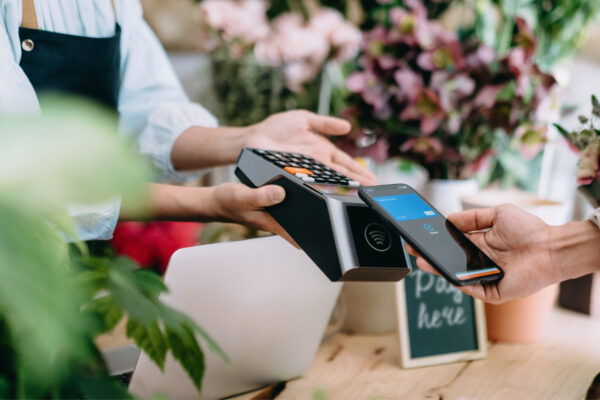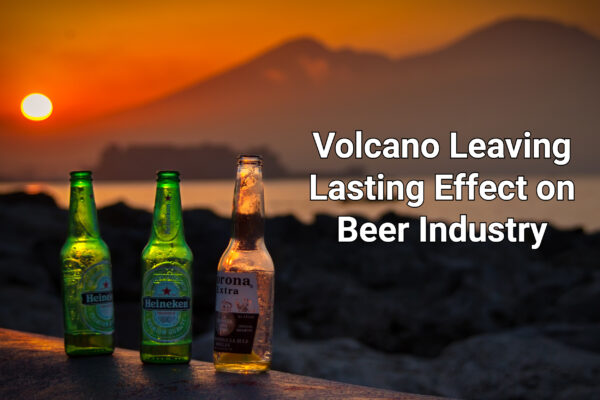
When considering the value of a business in the Food & Beverage Industry, one of the most misunderstood assets is the liquor license associated with a business entity. This special purpose standalone asset is licensed, issued, and regulated differently in each state, which can lead to confusion as to its true value. A liquor license is generally valued separately, and then added into a sale transaction. In some instances, the liquor license could be more valuable than the business itself.
There are typically three methods utilized to determine the Fair Market Value (FMV) of an asset. These include the Cost Approach, the Income Approach, and the Market Approach. The cost approach is premised on the assumption that a buyer will not pay more for an asset than the amount required to replace it with an asset of equal quality and utility. The income approach involves estimating the income generated by a particular asset. The market approach involves determining the value of an asset based on the selling price of similar assets.
While a valuation analyst should consider all three approaches, when determining the value of a liquor license on the open market, the market approach to value is typically the best suited method. The cost approach to value is not applicable, as liquor licenses are generally already in existence and merely transferred from one party to another through the approval process set up by a state’s regulatory alcoholic beverage control board. The income approach cannot be utilized, as no financial information is usually available relating to the end user of the transferred license. However, the market approach is most applicable due to the numerous variables that must to be contemplated when determining the value.
As mentioned previously, each state has its own definitions and methods of granting the licenses. Liquor licenses grant permission for a specific purpose, such as on-site consumption, retail only, or limited (beer/wine only). Some states, such as New Jersey, grant liquor licenses on a quota basis. This means that there is a pre-determined, limited number of licenses available. The licenses are owned by individual entities and the selling price is determined by what the buyer is willing to pay and the amount that the seller is willing to accept. Prices are dynamic and can range from several thousand to several million dollars, depending on the location.
On the other hand, a permit-based liquor license state is one where the state, such as New York, issues and controls the price. Typically costing around $2,500 – $5,000, most permit-based states have an unlimited number of liquor licenses available as long as the local zoning is adhered to and the buyer passes the requisite background checks.
In New Jersey, there are eleven different types of liquor licenses under the Retail License category. One of the most common is a Type 33 – Plenary Retail Consumption License. The licensee can sell alcoholic beverages for on and off premises consumption. However, sales for off premises consumption must be made from the public barroom and goods for sale may only be displayed on the perimeter walls or behind the bar.
Once the type of license is identified, an analysis is conducted to determine the value of the license. Multiple categories and data points are identified and used to compare relevant data. Based on the findings, the appraised value for the license is determined.
Examples of factors taken into account when estimating the value of a liquor license are:
- The number of liquor licenses in the municipality, in both active and “pocketed” (inactive) status. When there are zero or few inactive liquor licenses in a geography the price will increase.
- Demographic data. Median household income by municipality or county is a key factor. The higher the income, the more disposable money residents have to spend on entertainment, dining out, and purchasing retail goods, making such areas more desirable to restaurants, and driving up the value of liquor licenses.
- Comparable sales from recent years. In the real estate industry, it is common to compare a property to other similar properties that have sold recently to determine a value. When valuing a liquor license issued in a quota-based state, it is impractical to consider comparable sales due to the dynamic swings in prices caused by the several variables that impact the value.
- The retail component. One must consider the retail business generated with regard to the presence of nearby large box retail, chain restaurant activity, and independent restaurant operators. The higher the concentration of chain restaurants the higher the cost of the liquor licenses will be.
Obtaining a retail liquor license in New Jersey is a very complicated process, especially because of the State’s complex Alcoholic Beverage Control (ABC) laws. Although the Division of ABC has general authority over alcoholic beverage laws, each municipality also has its own ABC Board to oversee the sale of alcohol. This has resulted in certain municipalities allowing alcohol to be sold only from Monday to Saturday, while others choose to be “dry towns”, which forbid the sale of alcohol within their own borders. In conjunction with local ABC laws, the Division of ABC has its own set of rules to govern the issuance of retail liquor licenses. For example, the State Division’s Licensing Bureau limits corporations to only two retail licenses at any time. This policy prevents larger grocery and convenience store chains under one corporate structure from selling alcoholic beverages in more than two locations.
Another factor that complicates the process of obtaining a retail liquor license is New Jersey’s restriction on the number of licenses allowed per municipality. The State allows each municipality one consumption license for every 3,000 residents and one distribution license for every 7,500 residents. This means that no new licenses can be issued for a municipality unless its population increases by the above-mentioned figures. Therefore, most new retail licenses in New Jersey are offered through public auctions, where bids can average several hundred thousand dollars. In fact, in 2006, a retail liquor license was sold for a staggering sum of $1.5 million at an auction in Cherry Hill, NJ.
Due to these restrictions, businesses typically attempt to purchase existing licenses instead of applying for new ones. A business owner can learn about liquor licenses available for sale by contacting the municipality’s Alcoholic Beverage Control Board. A private meeting can be arranged between the two parties to negotiate a sale, after which they would file a transfer application with the Board. The application requires detailed information about the applicant and the company’s officers, directors, and shareholders, if applicable. In addition to the 12-page application, there are many other requirements, such as a fingerprint report, sketches of the proposed license area, and submitting to a background check.
New York and Pennsylvania each have their own regulations, restrictions, and application procedures. In addition, some licenses are only awarded on a fixed fee basis from the state to a specific individual, and are not transferrable. Others, like hotel liquor licenses, are specific and based on active rooms available and in use.
The myriad rules, regulations, and restrictions imposed by each state, and even at the municipal level, can have significant impacts on the value of a liquor license. Sobel Valuations has the expertise and databases to value liquor licenses of various types nationally. Should you have questions regarding your specific situation, please contact us to discuss how we can help you navigate through the not so simple world of liquor license valuation.


